The Beginner’s Guide to VPNs and Online Privacy
Your online privacy matters more than ever. Every click, search, and email leaves a digital footprint that companies, hackers, or even governments might track. This guide, The Beginner’s Guide to VPNs and Online Privacy, simplifies how to stay safe online using VPNs and other tools—perfect for beginners.
What’s a VPN and Why Should You Care?
A Virtual Private Network (VPN) is your first line of defense online. Imagine sending a letter through a locked mailbox instead of leaving it out in the open. A VPN encrypts your internet connection, hiding your activity from prying eyes. It’s a tool that’s easy to use and vital for protecting your privacy.
Here’s how it works in three steps: - Your data gets encrypted, turning it into a secret code. - It travels through a secure server, masking your real location. - The website you visit sees the server’s address, not yours.
I started using a VPN after realizing how exposed I felt on public Wi-Fi at my local coffee shop. It’s a simple step that makes a big difference.
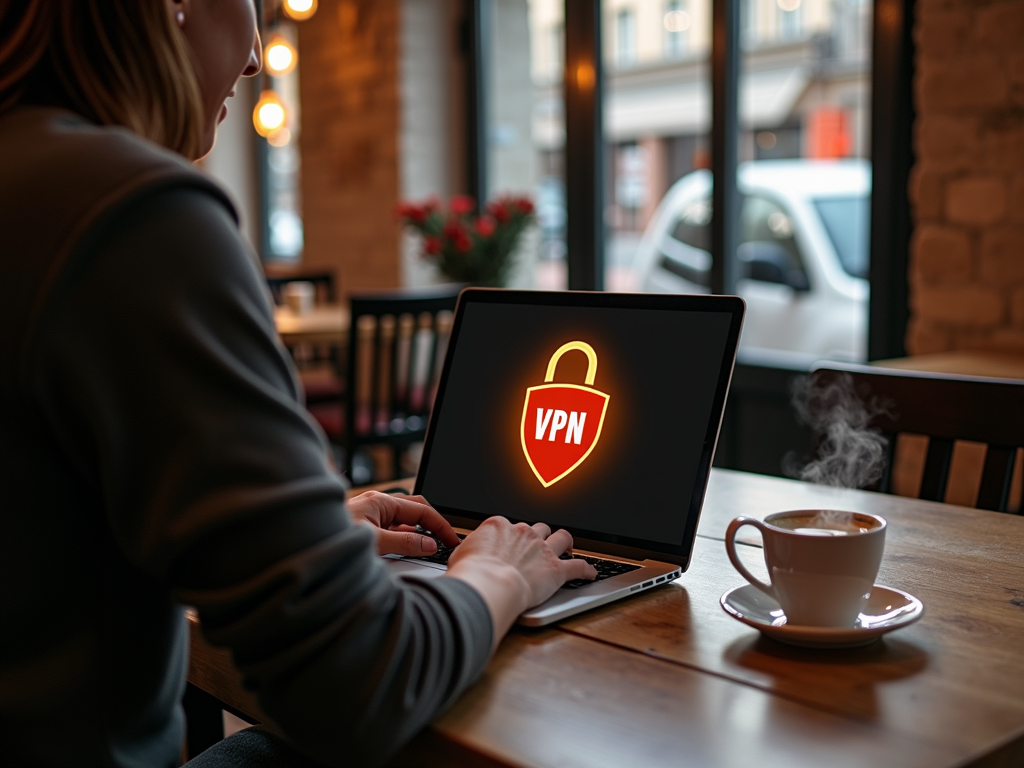
Benefits of Using a VPN
VPNs do more than just hide your activity. They offer real benefits you’ll notice right away:
- Privacy Protection: Your internet provider can’t see what you’re doing, and neither can hackers.
- Access Anywhere: Watch shows or visit sites blocked in your region—like when I streamed a movie only available overseas.
- Safe Public Wi-Fi: Use Wi-Fi at airports or cafes without worry.
That said, VPNs aren’t perfect. Some slow your connection a bit, and free ones might not be trustworthy. Pick a paid service with good reviews, like NordVPN or ExpressVPN, for the best protection.
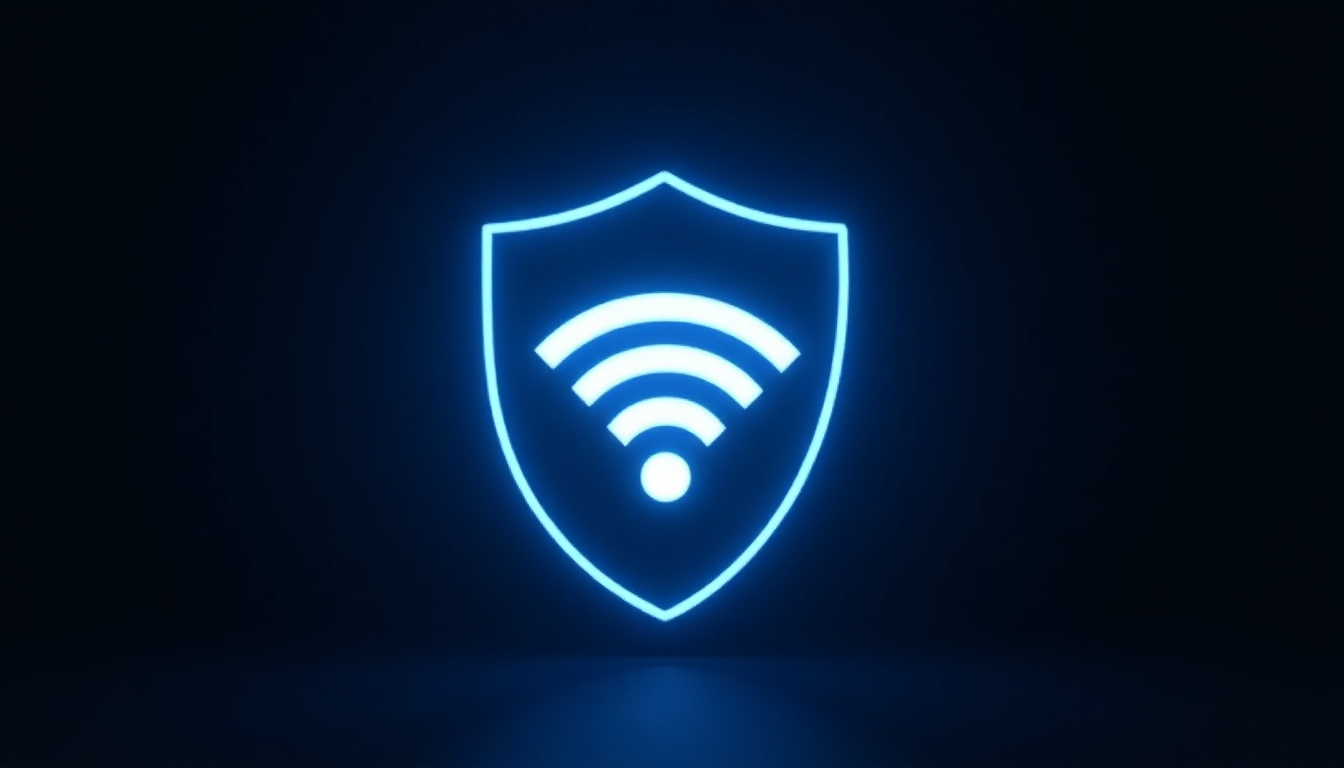
Password Management 101: Keeping Your Accounts Secure
A VPN protects your connection, but weak passwords can still undo your efforts. I learned this the hard way when an old account got hacked because I reused a password. Password Management 101: Keeping Your Accounts Secure starts with this rule: every account needs a unique, strong password.
Why it matters:
| Problem | Risk | Solution |
|---|---|---|
| Same password everywhere | One breach risks all accounts | Use unique passwords |
| Simple passwords | Easy for hackers to guess | Make them long and random |
A password manager changed my life here. It creates and stores complex passwords—like X7kP!m9qL2v—so I don’t have to remember them. Tools like LastPass or Bitwarden are great places to start.
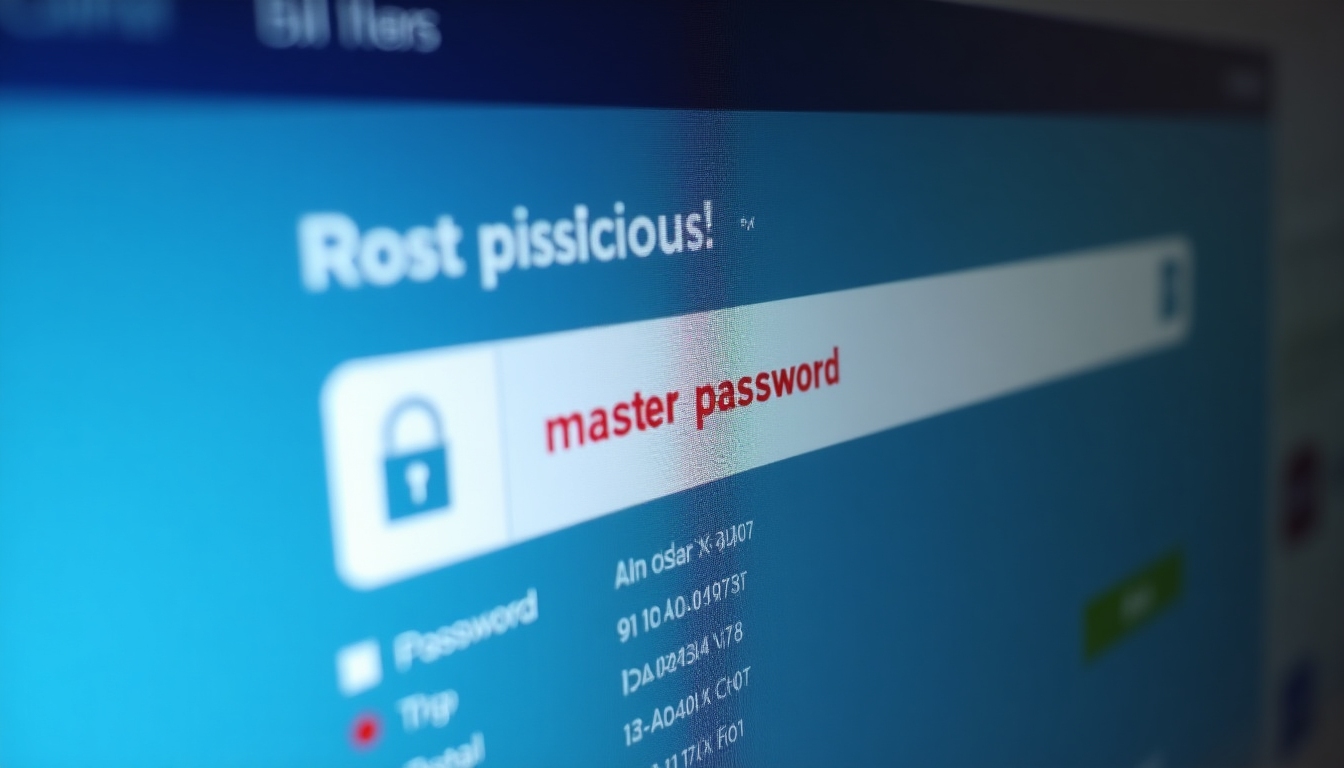
Proton Mail Setup Guide for Beginners
Email privacy is another weak spot for many. Standard services like Gmail might scan your messages for ads. Proton Mail, a secure alternative, keeps your emails private with encryption. Here’s my Proton Mail setup guide for beginners:
- Go to proton.me.
- Click “Sign Up” and pick the free plan.
- Choose a username and a strong password.
- Verify with a quick captcha or text message.
- Log in and start sending encrypted emails.
I switched to Proton Mail last year and love how simple it is. No tech skills needed—just a desire to keep your messages yours.
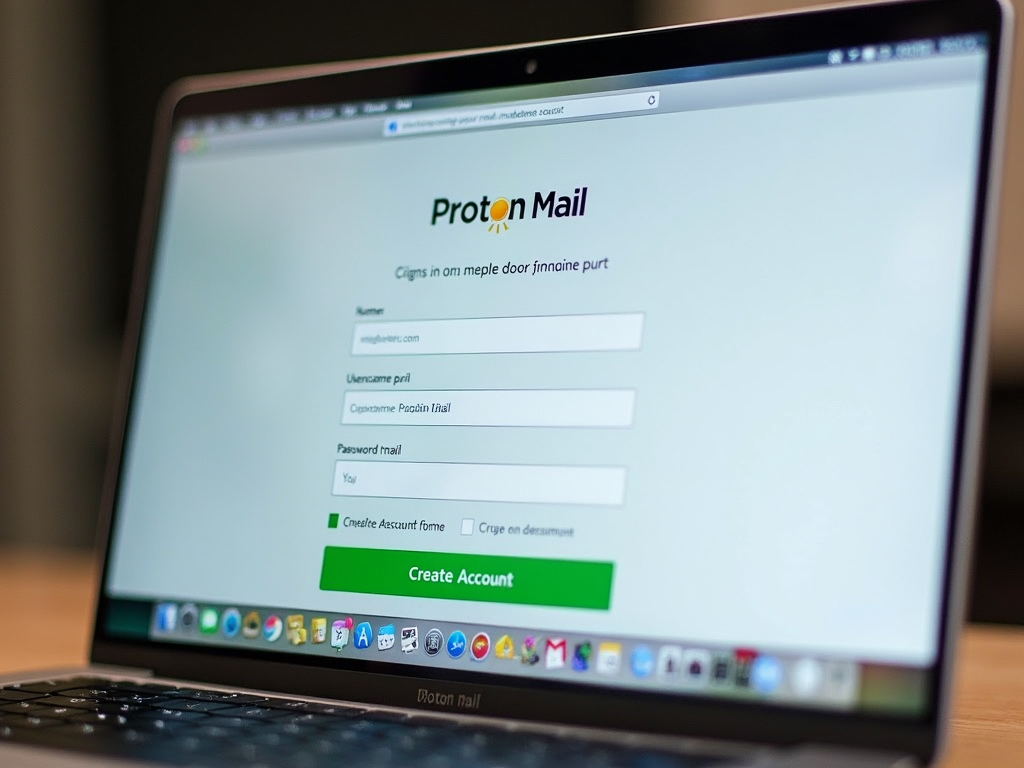
More Online Privacy Tools to Explore
VPNs and password managers are just the start. Other online privacy tools can boost your security:
- Brave Browser: Blocks ads and trackers automatically.
- DuckDuckGo: A search engine that doesn’t follow you around.
- Signal: Encrypted messaging for private chats.
I use DuckDuckGo daily now—it’s refreshing not to see ads chasing me from site to site. Pair these with a VPN, and you’ve got a solid privacy setup.
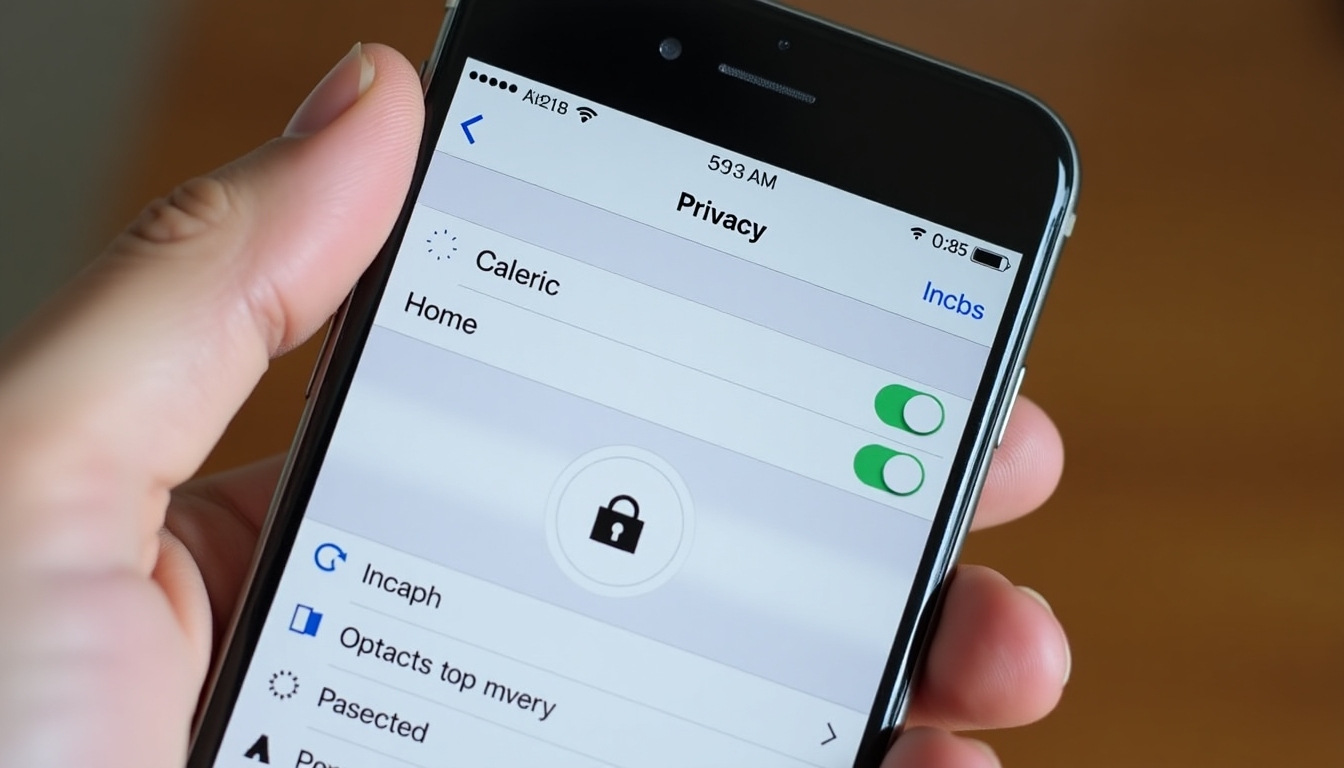
My Privacy Wake-Up Call
I didn’t always care about online privacy. Then I read about a massive data leak—millions of people’s info sold online. It hit me: that could be me. I was careless, using public Wi-Fi without protection and recycling passwords like it didn’t matter.
So, I got serious. I signed up for a VPN and felt safer instantly—especially traveling. Password managers took away the headache of juggling logins. And switching to Proton Mail? That was peace of mind in my inbox. These steps aren’t hard, but they’ve made my online life so much safer.
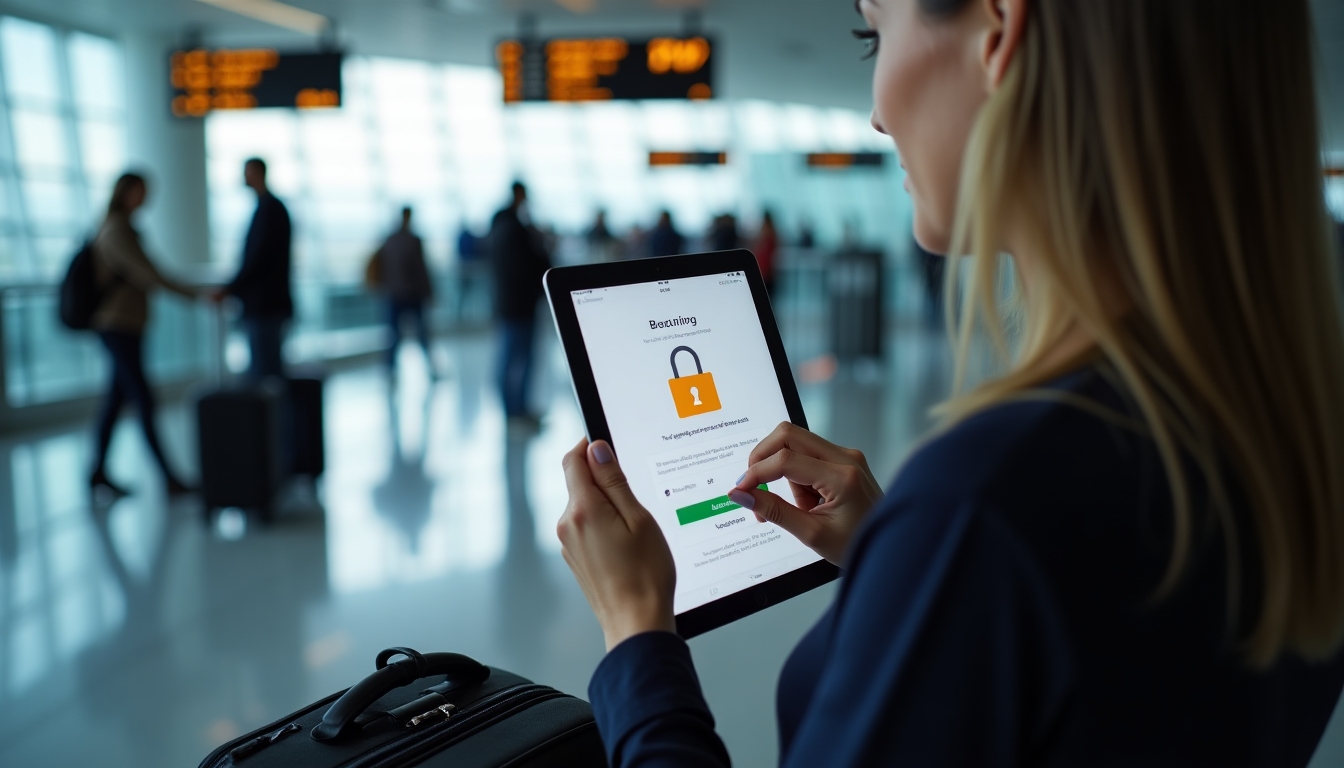
Tips to Stay Private Online
Here’s what I’ve learned: - Use a VPN on every device—phone, laptop, everything. - Add two-factor authentication (2FA) wherever you can. It’s an extra step that stops hackers cold. - Think before you share. That quiz online might not need your birthdate.
Small changes add up. You don’t need to be a tech wizard—just consistent. Check out resources like EFF’s Surveillance Self-Defense for more tips.
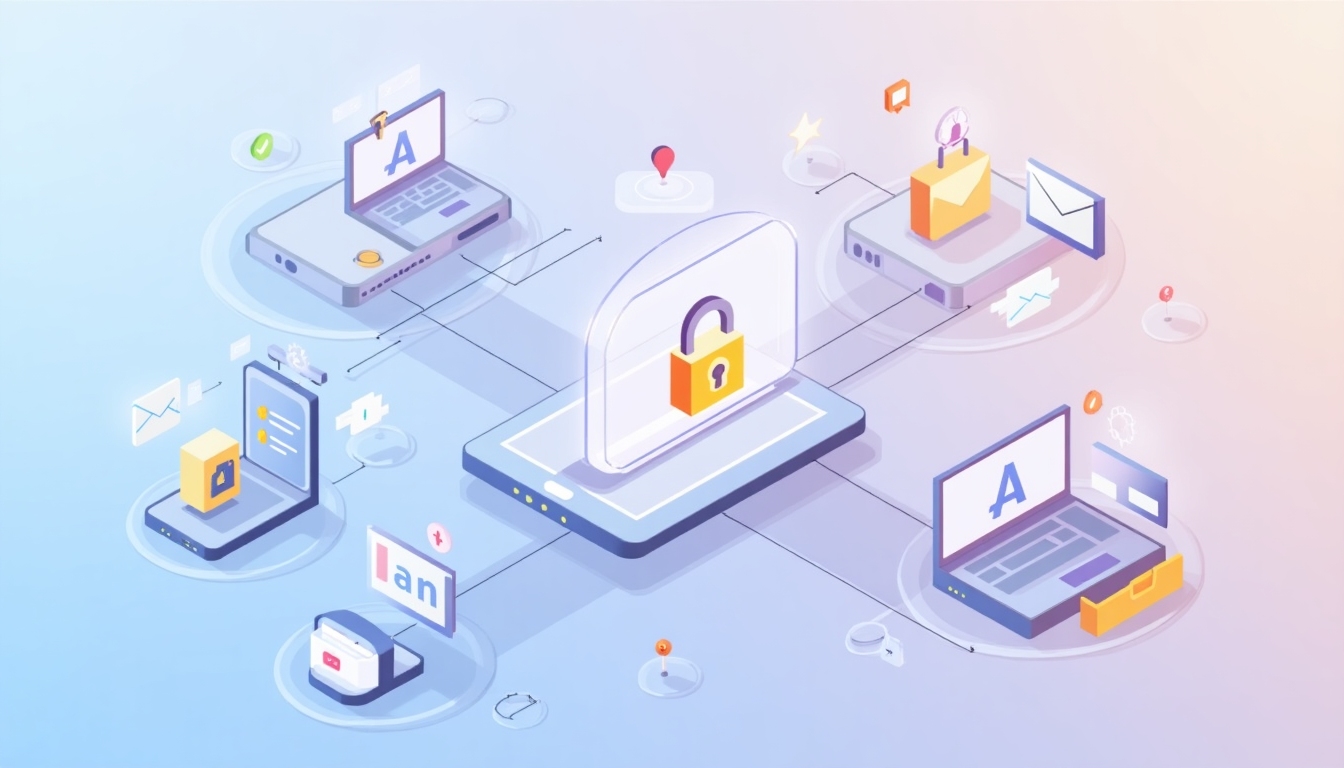
Wrapping Up
Online privacy isn’t a luxury—it’s a necessity. The Beginner’s Guide to VPNs and Online Privacy shows you how to start with VPNs, secure your passwords, and try tools like Proton Mail. Take it one step at a time, and you’ll feel more in control online. Want to dig deeper? Check out the recommended readings below.